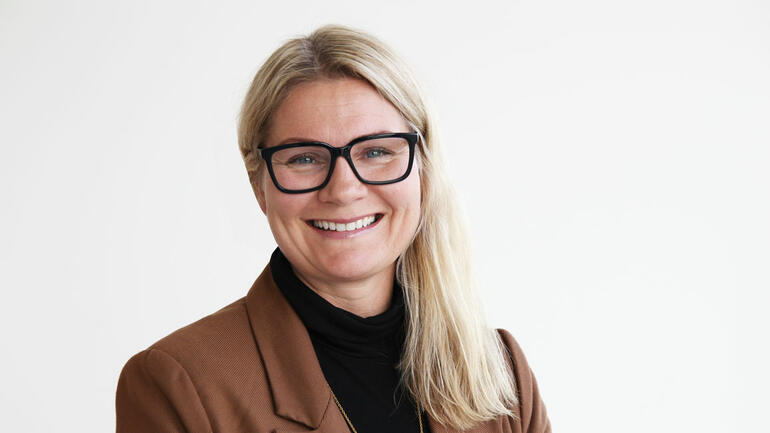Hugrun Ösp Egilsdottir is defending her thesis for the degree philosophiae doctor (PhD) at the University of South-Eastern Norway.
She has completed the PhD programme in Person-centred health care. The doctoral work has been carried out at the Faculty of Health and Social Sciences.
Both the trial lecture and the PhD defence are open to the public.
Summary
Internationally, nurses use physical assessment skills (PAS) to monitor and assess the patient’s clinical situation, identify care needs, and detect changes, as well as a possible deterioration. This indicates that PAS are acknowledged as an important part of fundamental nursing care. In Norway, there seems to be a little focus on the possibility PAS offers in patient care.
In 2015 a limited range of PAS were implemented at the University of South-Eastern Norway considered as a suitable focus for the nursing education at bachelor’s level. These skills were called Basic Physical Assessment Skills or B-PAS. A novel pedagogical approach for teaching B-PAS based on the pedagogical principles of scaffolding and spaced repetition – the ‘Progression Model’ was developed to support students’ learning B-PAS. In contrast to teaching the skills in a block approach, as often done internationally, the Progression Model entailed a different approach by teaching B-PAS in each educational year during nursing education.
Through four individual studies, this mixed methods dissertation contributes with new knowledge, highly relevant for Norwegian nursing education, by exploring different aspects of nursing students’ self-reported development of competence and confidence in performing B-PAS.
Study I (with a mixed methods design) explored the students’ self-reported use of the B-PAS in clinical rotation, as well as barriers and facilitating factors for the use these skills. Based on the results from study I, a Suite of mLearning Tools containing various digital learning resources was co-designed with nursing students in study II (with a qualitative design) to support learning of B-PAS. In study III (with a quantitative design), the Suite of mLearning Tools was then tested out by the nursing students in clinical rotation. Due to COVID-19, study IV (with a mixed methods design) emerged, where the Suite of mLearning Tools among written assignments was tested out in new clinically focused digital learning environment.
The results shows that B-PAS is an important aspect of overall competence in nursing and fundamental nursing care. Supporting students in developing both competence and confidence in performing B-PAS needs to be is the mutual responsibility of key stakeholders in the academic and clinical contexts. The Progression Model for teaching B-PAS seems to be promising for building student confidence, together with the Suite of mLearning Tools. Also, utilizing mLearning and digital technology with new pedagogical strategies are in line with national guidelines and recommendations and can better meet students’ learning preferences.
